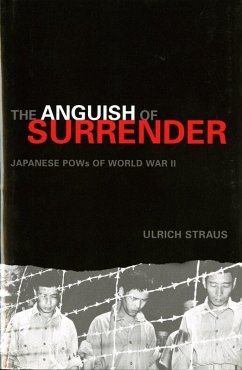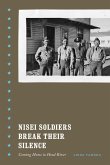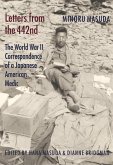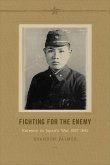On December 6, 1941, Ensign Kazuo Sakamaki was one of a handful of men selected to skipper midget subs on a suicide mission to breach Pearl Harbor's defenses. When his equipment malfunctioned, he couldn't find the entrance to the harbor. He hit several reefs, eventually splitting the sub, and swam to shore some miles from Pearl Harbor. In the early dawn of December 8, he was picked up on the beach by two Japanese American MPs on patrol. Sakamaki became Prisoner No. I of the Pacific War. Japan's no-surrender policy did not permit becoming a POW. Sakamaki and his fellow soldiers and sailors had been indoctrinated to choose between victory and a heroic death. While his comrades had perished, he had survived. By avoiding glorious death and becoming a prisoner of war, Sakamaki believed he had brought shame and dishonor on himself, his family, his community, and his nation, in effect relinquishing his citizenship. Sakamaki fell into despair and, like so many Japanese POWs, begged his captors to kill him. Based on the author's interviews with dozens of former Japanese POWs, along with memoirs only recently coming to light, "The Anguish of Surrender tells one of the great unknown stories of World War II. Beginning with an examination of Japan's prewar ultranationalist climate and the harsh code that precluded the possibility of capture, the author investigates the circumstances of surrender and capture of men like Sakamaki and their experiences in POW camps. Many POWs, ill and starving after days wandering in the jungles or hiding out in caves, were astonished at the superior quality of food and medical treatment they received. Contrary to expectations, most Japanese POWs, psychologicallyunprepared to deal with interrogations, provided information to their captors. Trained Allied linguists, especially Japanese Americans, learned how to extract intelligence by treating the POWs humanely. Allied intelligence personnel took advantage of lax Japanese security precau
Bitte wählen Sie Ihr Anliegen aus.
Rechnungen
Retourenschein anfordern
Bestellstatus
Storno








